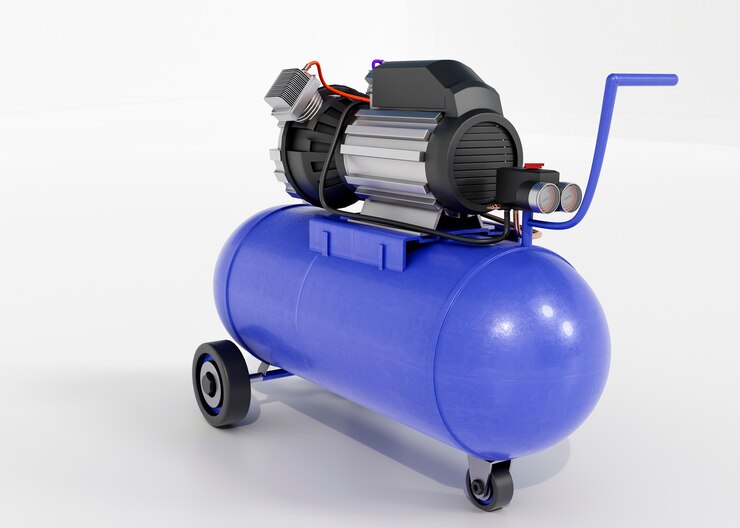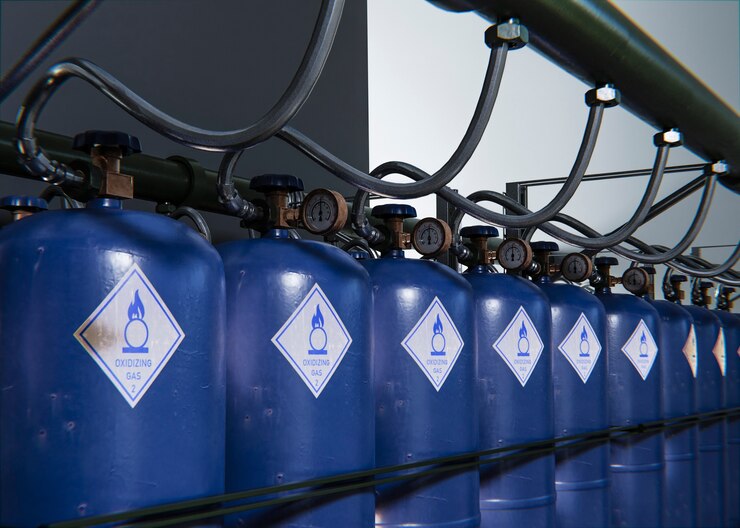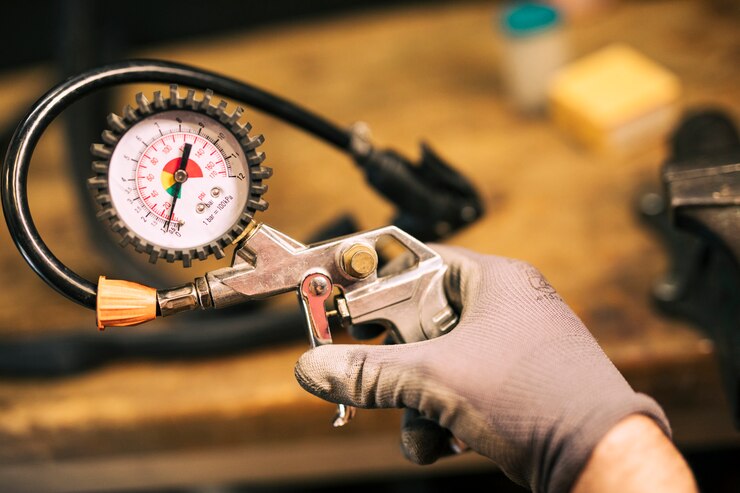Maintenance Tips in a Reciprocating Piston Air Compressor: Keep it Running Smoothly
The Comprehensive Guide to Reciprocating Piston Air Compressors
The Piston Air Compressor seems to be a reciprocating compressor that plays an important role in different industries across the world. These sturdy devices apply the positive displacement principle to reduce gases with great accuracy, which gives them versatile applications. In this user guide, the topic of coverage shall include; how reciprocating piston air compressors work, the notable aspects, uses the compressor serves, and some important user tips.
Understanding the Mechanism
However, the central component of all reciprocating piston air compressors with no exception is the piston-cylinder combination. This kind of operation occurs through the linear motion of a piston that is within a specific cylinder space. Here’s how it works:
Suction Stroke: During the downward stroke of the piston, it withdraws from the cylinder thus leaving a vacuum. This suction effect results in drawing in of air or the required gas through the intake valve.
Compression Stroke: When it is in the upward direction, the piston just squeezes the gas that is present inside the cylinder. The pressure rises gradually and thus forces the gas out through the discharge valve.
Types of Reciprocating Compressors
Single-Stage Compressors
A single-stage compressor is used where low pressure is required. In one stroke the gas is compressed and therefore they are basic and inexpensive for many applications.
Two-Stage Compressors
Therefore, for applications with higher pressures, a model of a two-stage compressor should be used. These machines have the ability to compress the gas on a staged basis with enhanced output pressure and proper compression efficiency.
Oil-Lubricated and Oil-Free Compressors
• Oil-Lubricated Compressors: These compressors rely on oil for their lubrication and as a result guarantee smooth operations and durability. But they may blow oil into the compressed air.
• Oil-Free Compressors: Well suited to situations where the air needs to be as dry as possible, oil-free compressors will afford protection against oil. They are widely applied in such industries as the production and distribution of food products, medications, etc.
Key Components of Reciprocating Compressors
Familiarizing with the main components is useful for appreciating the design and operation of reciprocating piston air compressors. Here are some vital parts:
• Piston and Cylinder: The piston leads to the compression of the gas and the cylinder is the part that contains the piston along with giving an enclosed space for the compression.
• Crankshaft and Connecting Rod: These change the circular movement of the motor to and forth movement of the piston.
• Valves: The intake and exhaust valves regulate the flow of the gas for effective control of compression cycles.
• Crankcase: This holds the lubricating oil and gives a region, which is closed for the functioning of the parts involved.
• Cooling Systems: For controlling heat generated during compression air-cooled or water-cooled systems are used.

Use Cases of Reciprocating Piston Air Compression Equipment
In a reciprocating piston air compressor is widely used in industries because of its flexibility and performance. Here are some prominent applications:
Automotive Industry
These air compressors are widely used in automotive workshops for supplying air that is needed by pneumatic tools such as impact wrenches and spray guns. It enables easy repair painting and handling of many other maintenance jobs.
Construction
Reciprocating compressors are used extensively at construction sites for operating tools such as; the jackhammer and nail gun. Of course, they are useful for construction projects mainly because they supply constant compressed air.
Manufacturing
In manufacturing processes, the above compressors play a vital role in driving machinery and tools for the production line. It can be applied in product construction, packaging, or any other area that calls for the use of the panels.
Mining and Oil & Gas
The reciprocating compressor is applied in the mining sector in applications that include; Compressor air for ventilation and Drilling air for modulation equipment. To this industry, they are very useful especially when it comes to moving natural gas via pipeline.
Spraying and Sand Blasting
These compressors supply the high-pressure air required in spray painting and abrasive blasting where a good finish is desirable and surface preparation essential.
Maintenance and Repair
Thus in order to maintain a reciprocating piston air compressor with long calendar life and high reliability they should be maintained. Here are some tips to keep your compressor in optimal condition:
• Regular Lubrication: The oil should be checked and changed after the recommended time to reduce on wear of the moving parts.
• Inspect Valves: Check that the intake and exhaust valves are in good working condition to reduce cases of air leaks.
• Check Belts and Hoses: Check belts and hoses to see if there is a sign of wear to avoid belt or hose breakage while the vehicle is in use.
• Monitor Pressure Levels: Monitor the pressure levels in order to learn that it meets operational pressure levels.
• Clean Filters: Make sure that carbon and air filters are clean to allow free air circulation and to avoid the formation of dust.
Benefits of Reciprocating Piston Air Compressors
• High Efficiency: These compressors are very good performers and much better when it comes to areas of high usage.
• Versatility: It can practically be applied in any area ranging from construction industries to the manufacturing industries.
• Durability: Despite their sizes decompression for reciprocating piston compressors is considerably simple and it can last for many years if maintenance is keenly observed.
Whether you’re looking to optimize your existing systems or invest in new technology, LEiYAO stands ready to support your needs with cutting-edge solutions and unparalleled customer service. Explore our range of reciprocating piston air compressors today and elevate your operations to new heights.
Conclusion:
In a Reciprocating piston air compressor is an invaluable asset across various industries, offering efficiency, reliability, and versatility for numerous applications. From automotive and manufacturing to oil and gas, their positive displacement mechanism ensures consistent performance in high-pressure environments. With regular maintenance and proper operation, these compressors can deliver exceptional longevity and reliability. As a leader in the industry, LEiYAO is dedicated to providing top-quality reciprocating piston air compressors designed to meet the diverse needs of our clients. Our advanced engineering and robust manufacturing processes ensure that each unit meets the highest standards of performance and durability.



